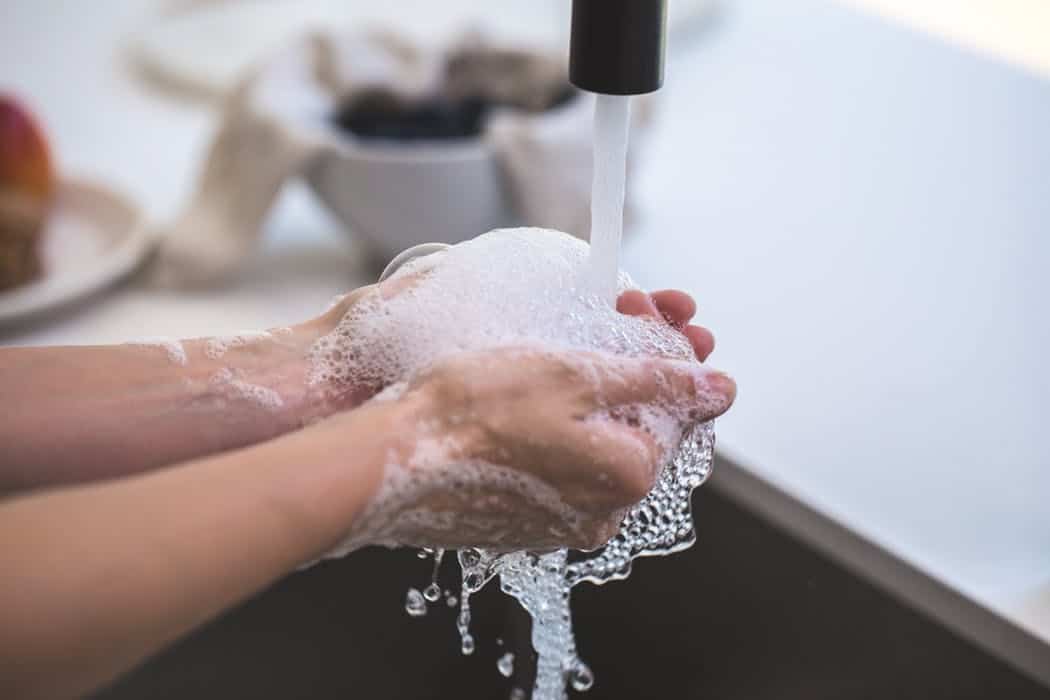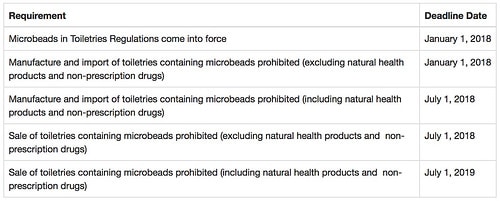These Products are Now Banned in Canada
Published July 4, 2018 at 7:31 pm

As Canada takes steps towards environmental friendliness, several products are on the table to be banned. Single-use plastics – like straws – for one, are slowly disappearing from bars and restaurants across the Greater Toronto Area (GTA), and your favourite facial scrub might be next.
Canada’s 151st birthday on July 1, 2018, marked the day that the federal government banned microbeads across the country.
That means that the manufacture, sale, and import of toiletries that contain microbeads are all banned, unless the toiletries are also natural health products or non-prescription drugs, in which case the prohibition will begin July 1, 2019.
Catherine McKenna, Minister of Environment and Climate Change, announced the ban via Twitter.
Our gift on #CanadaDay: we have officially taken the final step and banned the bead in Canada! Microbeads will no longer be for sale in toiletries as of today pic.twitter.com/W77RyEefOI
— Catherine McKenna (@cathmckenna) July 1, 2018
It has taken about two years for this ban to come into effect.
According to the federal government, microbeads are defined as plastic microbeads that are less than 5 mm in size. Microbeads are used in many products, including toiletries such as bath and body products, skin cleansers and toothpaste.
The big problem?
Microbeads wash into lakes, rivers, and oceans through your sink, pollute the water, and ultimately end up in our food chain, according to nonprofit Beat the Microbead.
These bits of microplastics can take hundreds of years to discintegrate, according to The Weather Network.
Here’s what the timeline looks like, courtesy of the federal government.

Beat the Microbead has released a handy product list to help identify products that don’t contain microbeads.
One thing is for sure – you’ll still be able to wash your face without the harmful plastics.
For more information on microbeads, click here.
INsauga's Editorial Standards and Policies

